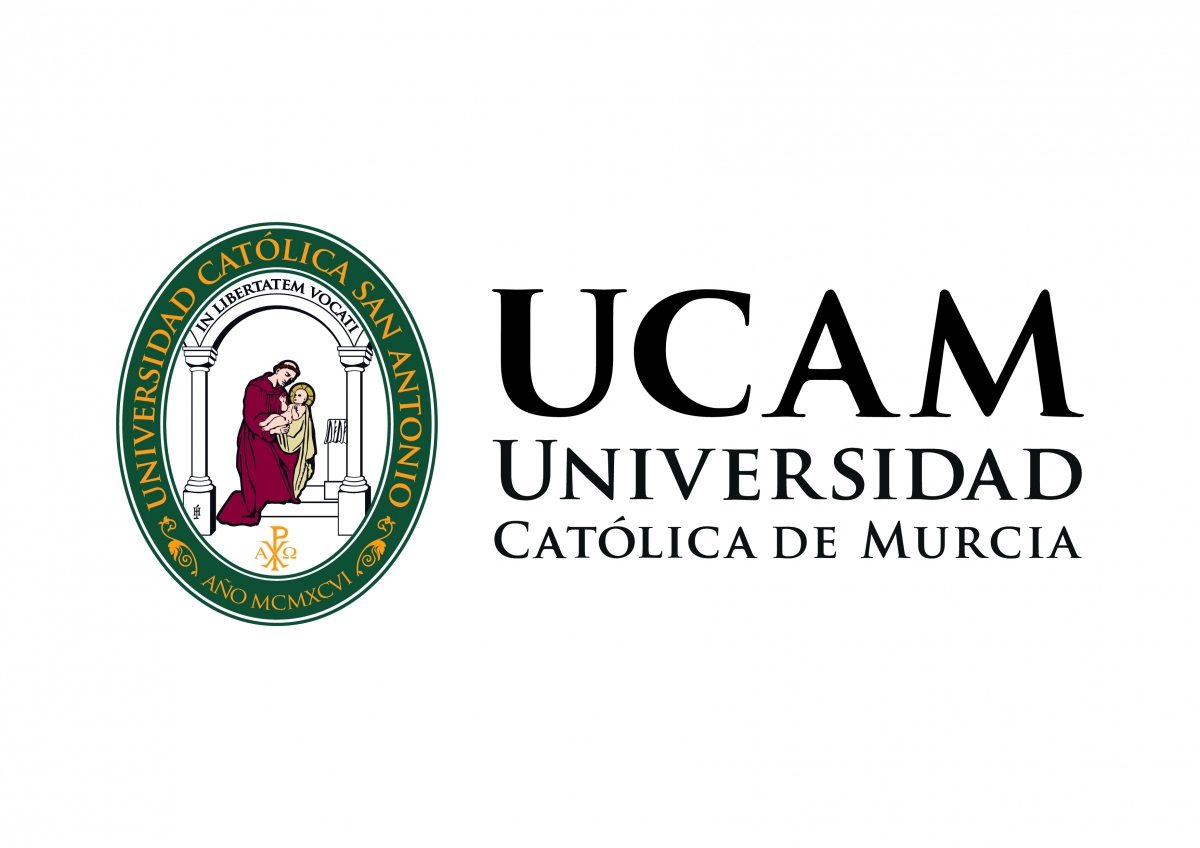
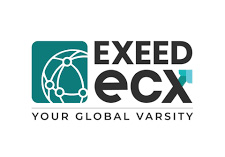
Doctorate in Education
The Doctorate in Education program aims to upgrade the learners’ educational and leadership skills, turning them into highly efficient evidence-based practitioners and supporting the profession’s growth.
Based on 21,501+ reviews | 650,000+ learners
Our Alumni Work At:
Our learners occupy top positions in companies across industries and some of the world’s best-known firms

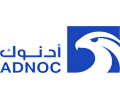


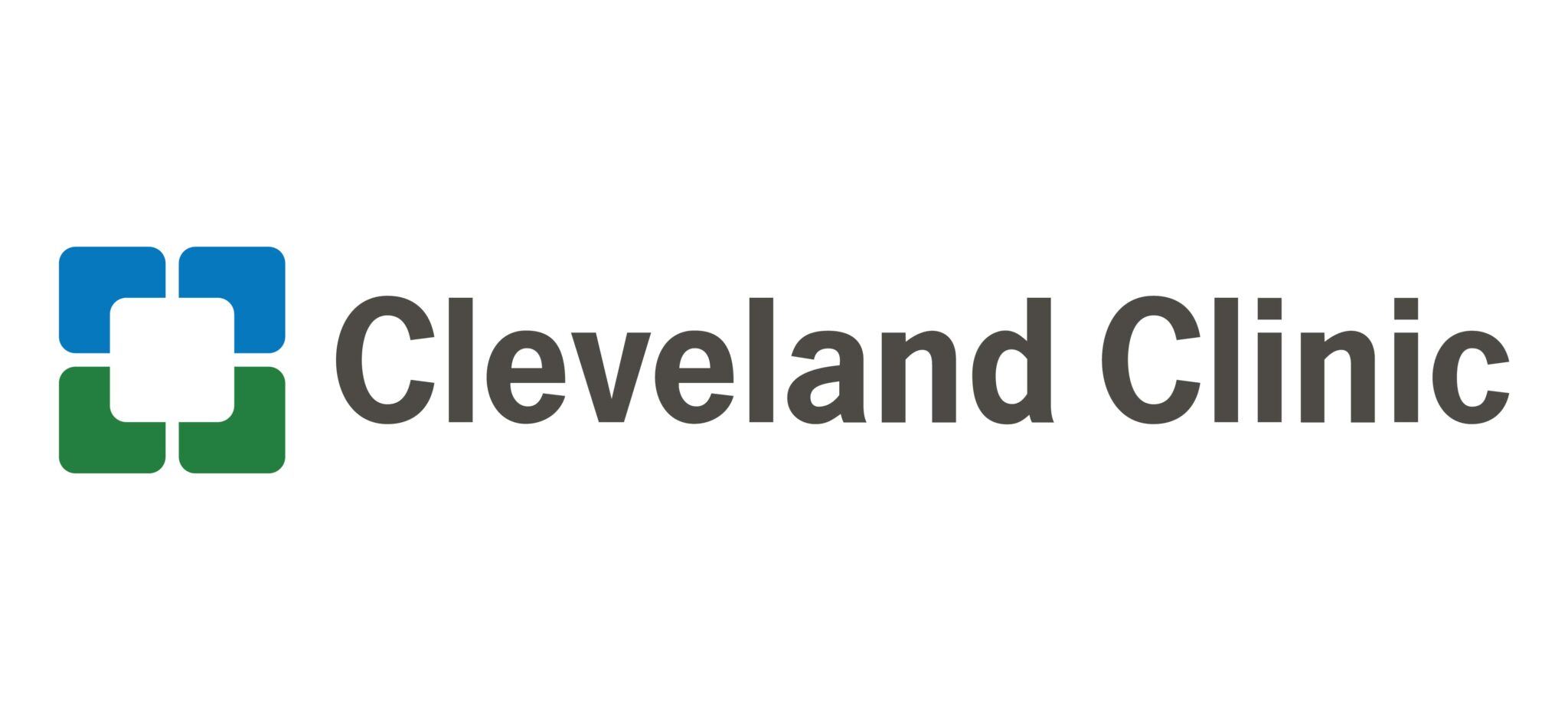




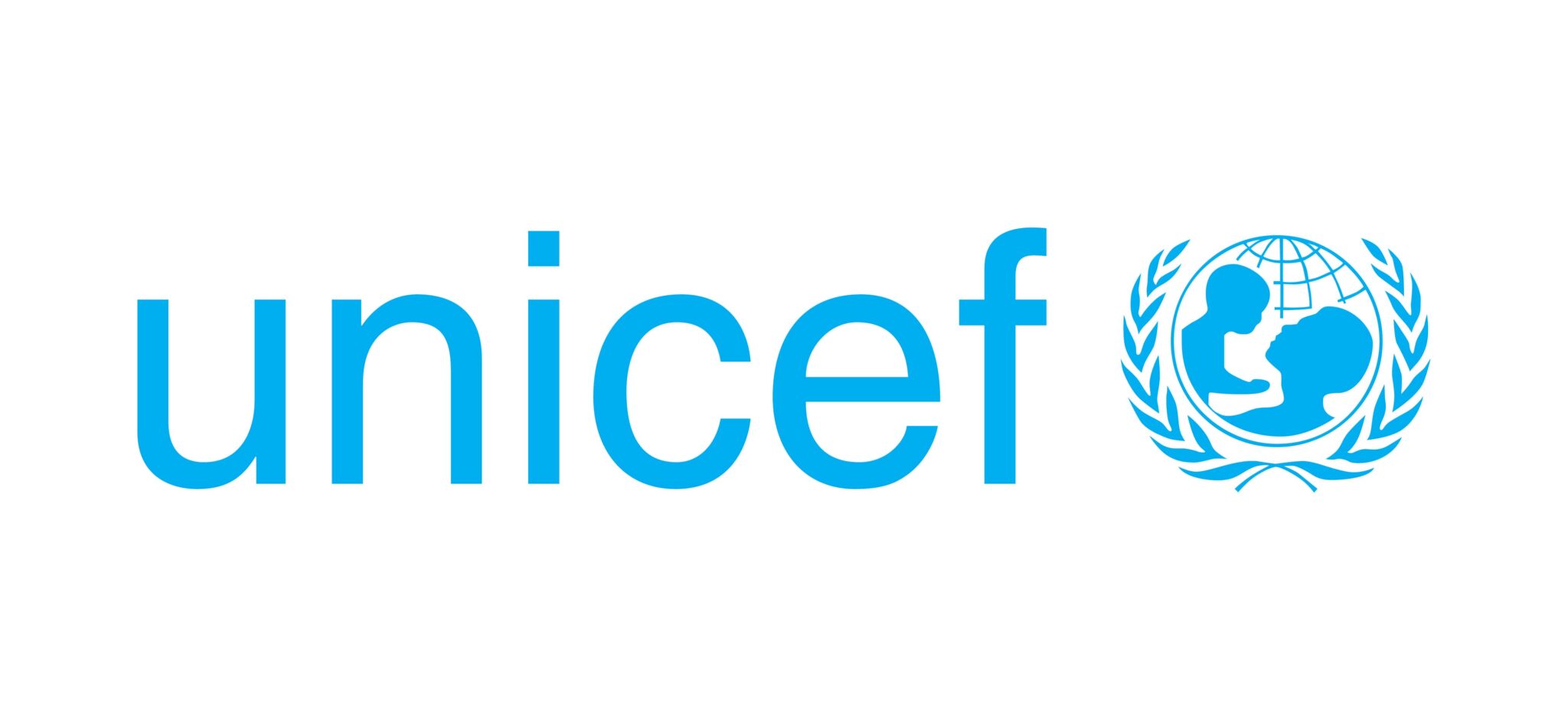
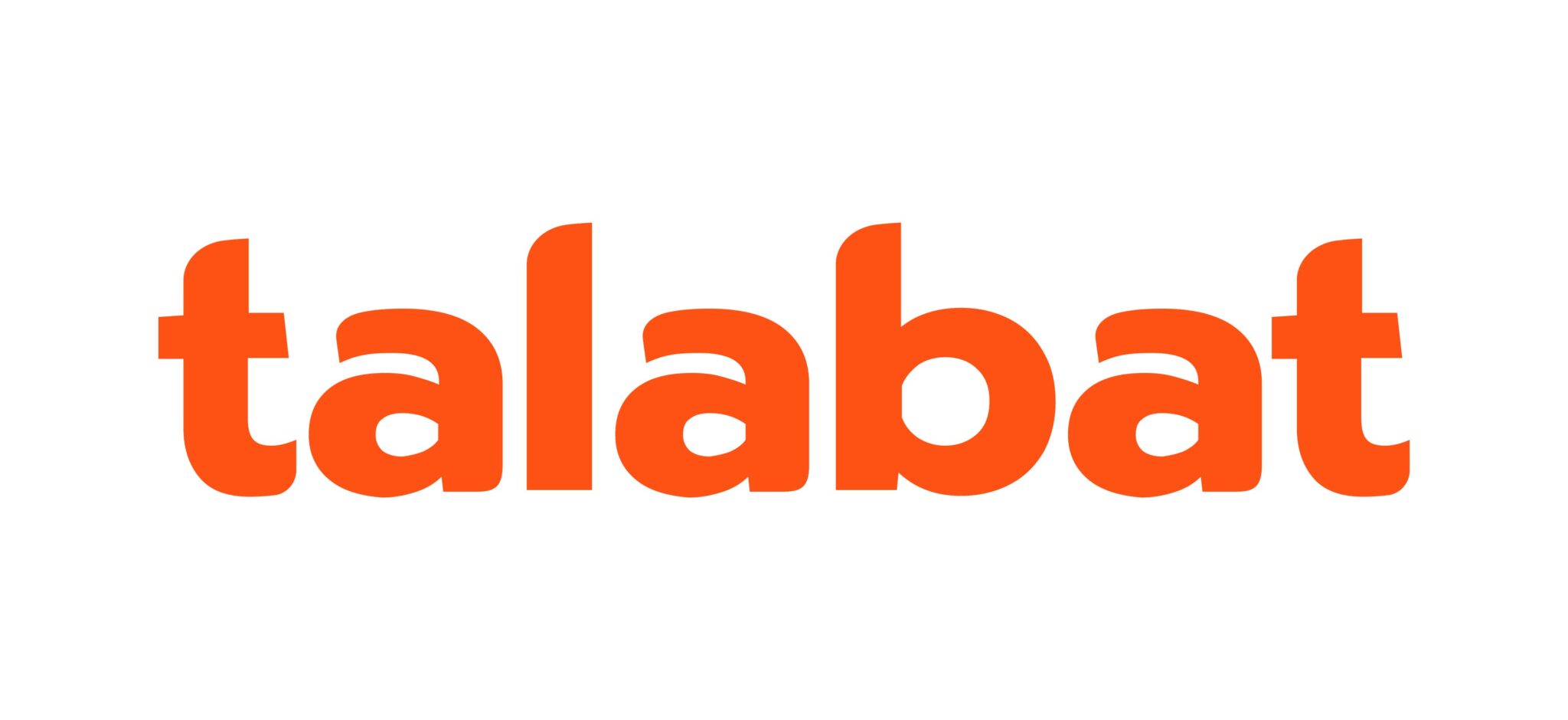
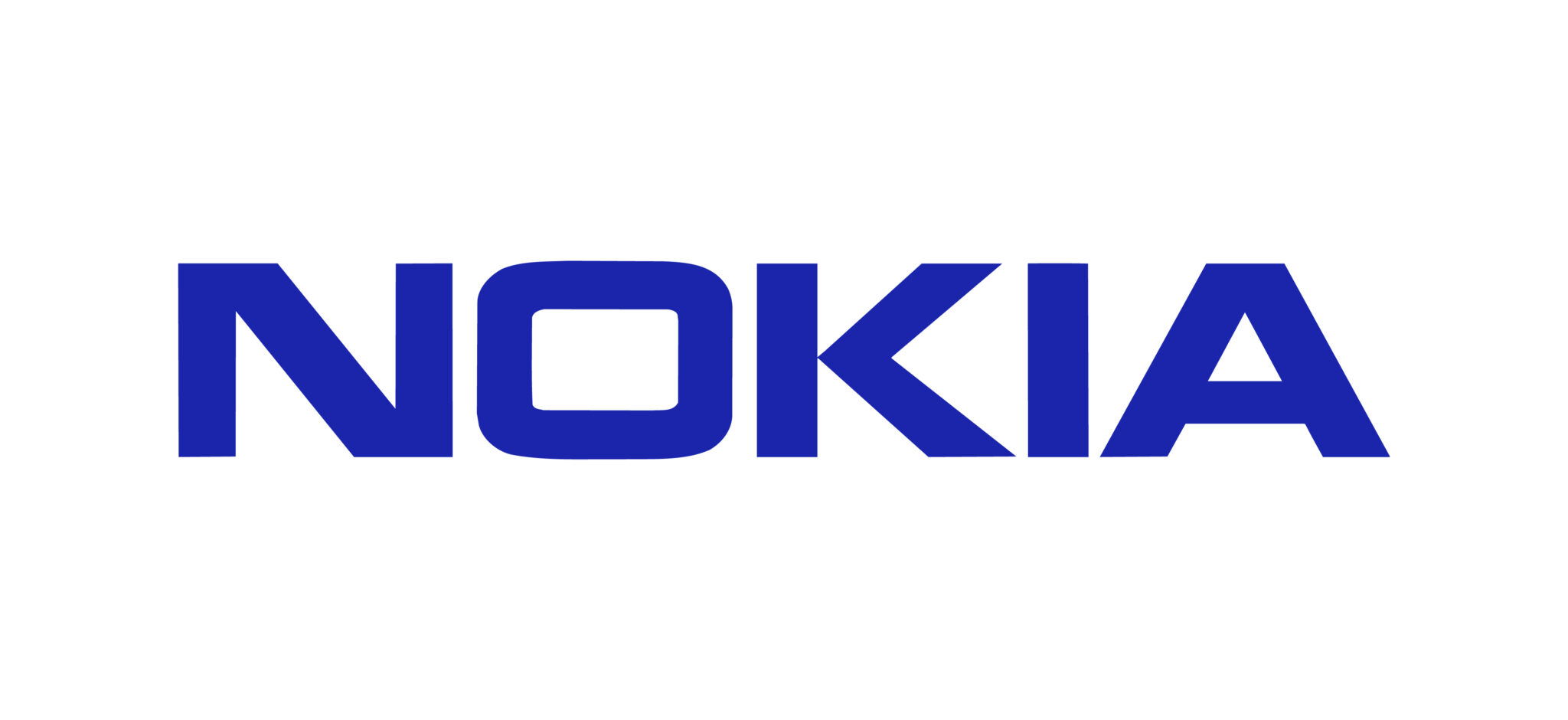

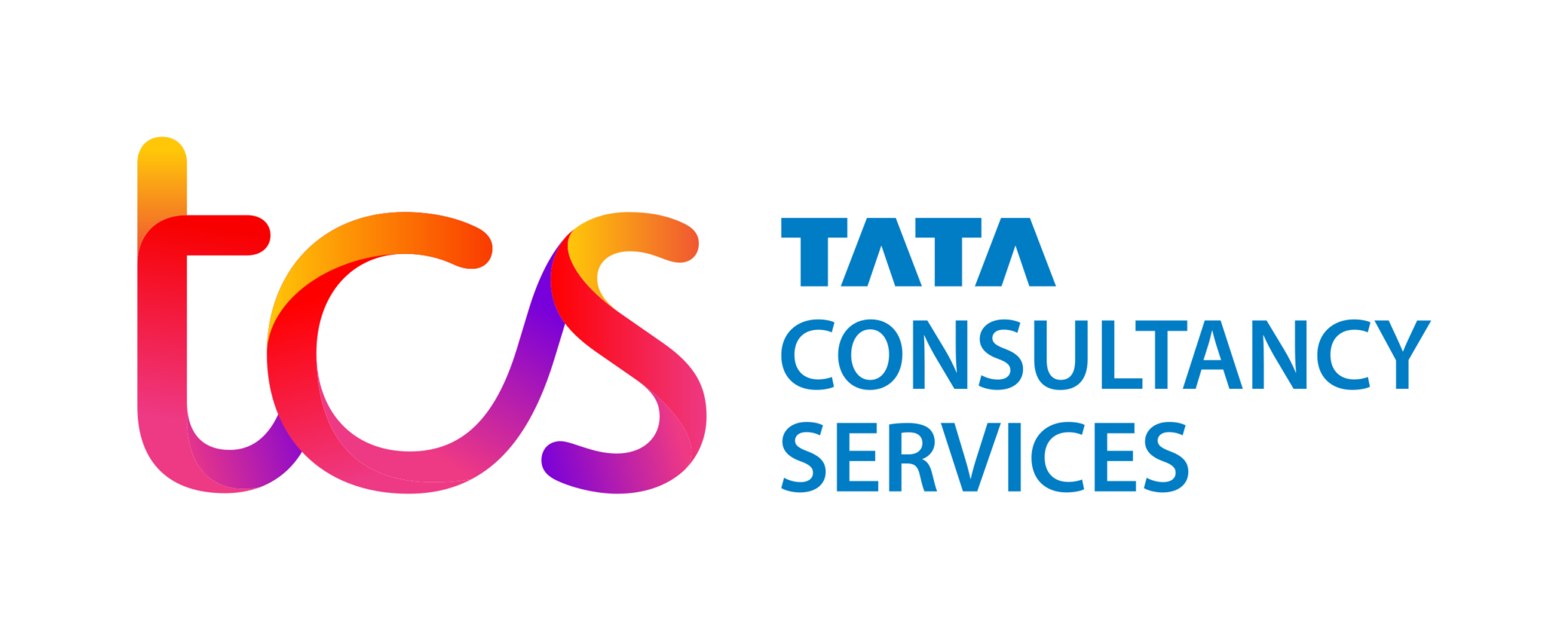
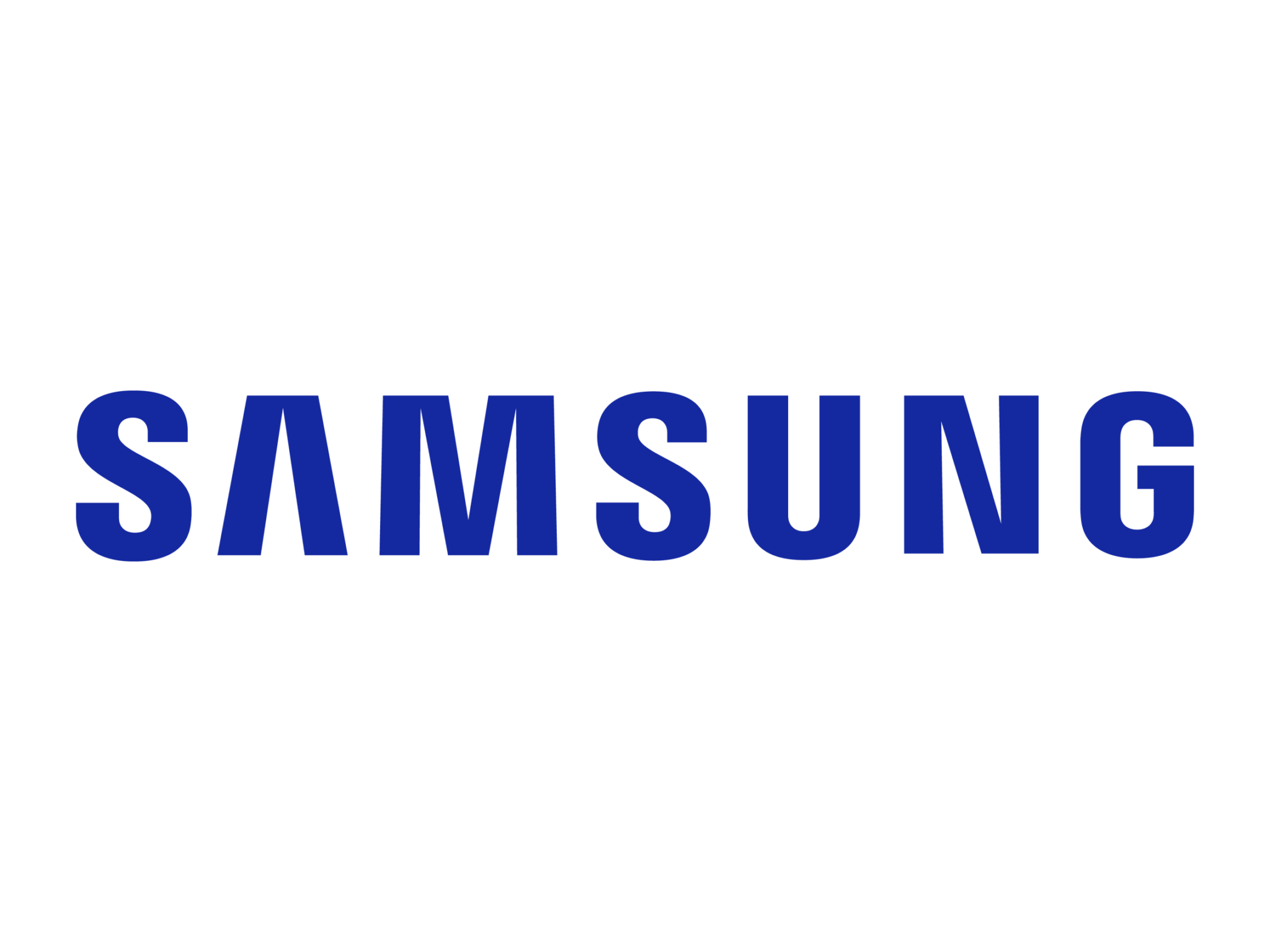
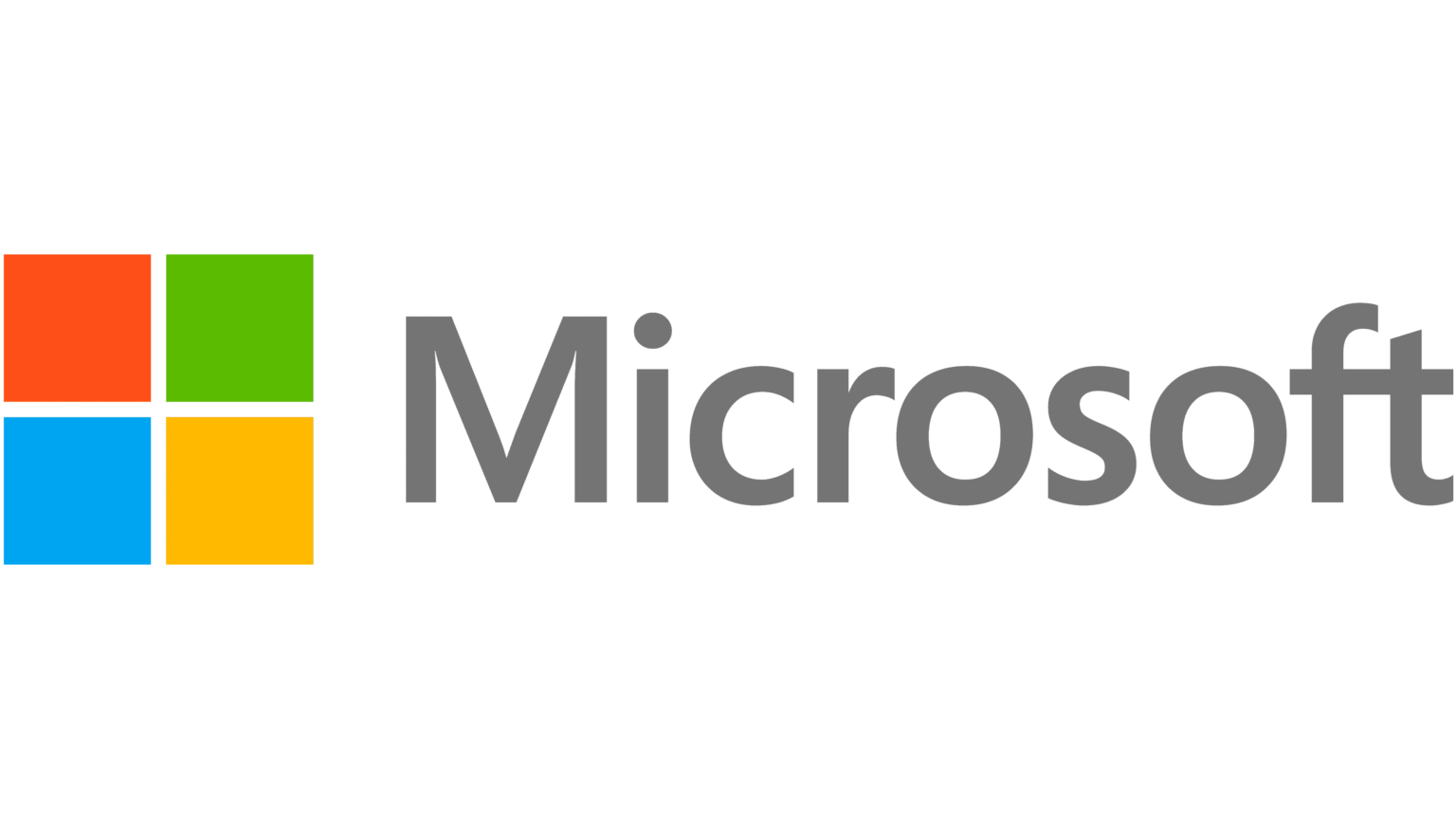

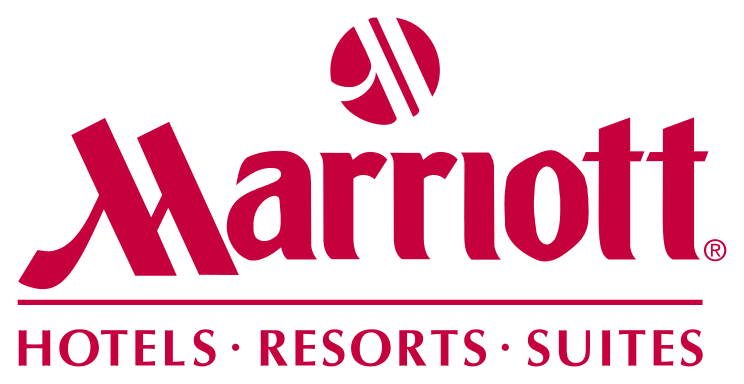
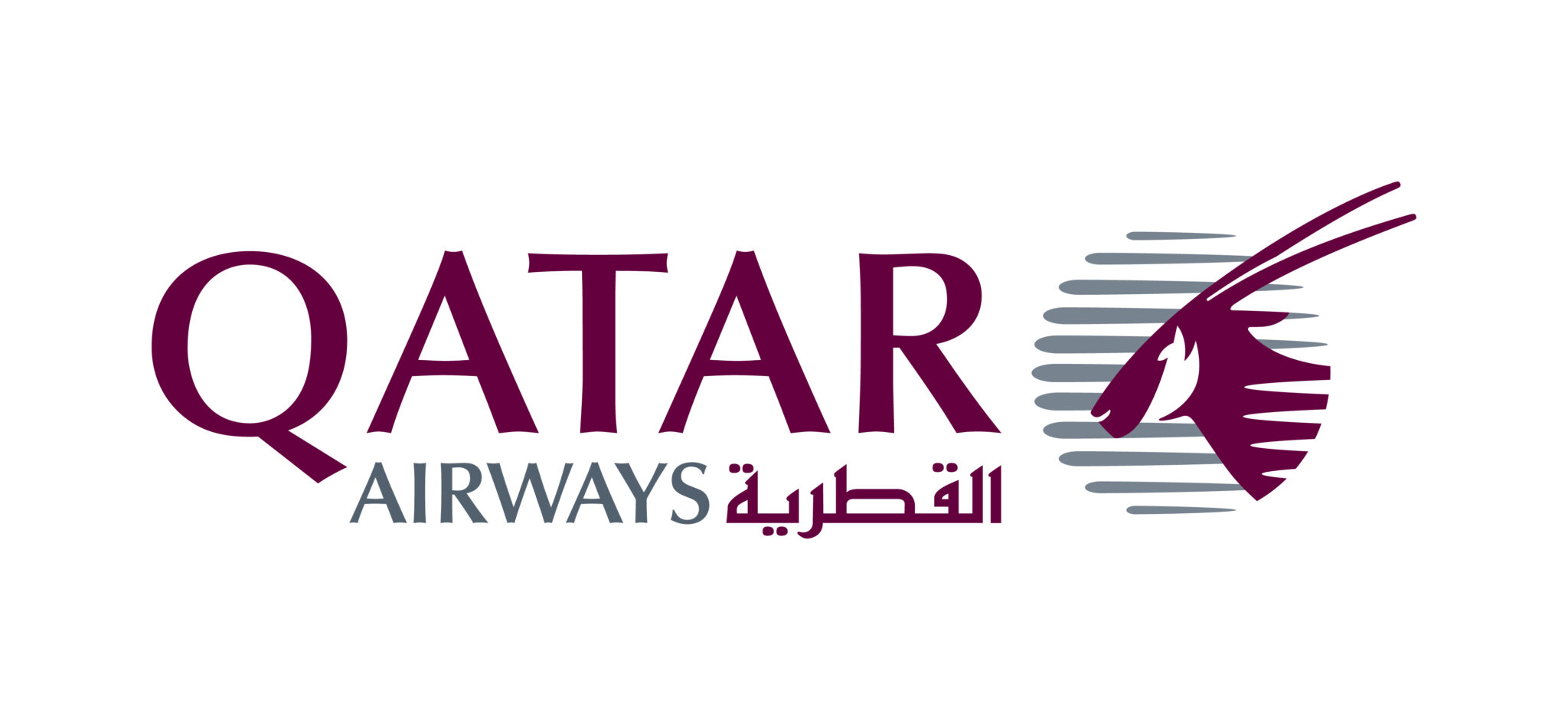
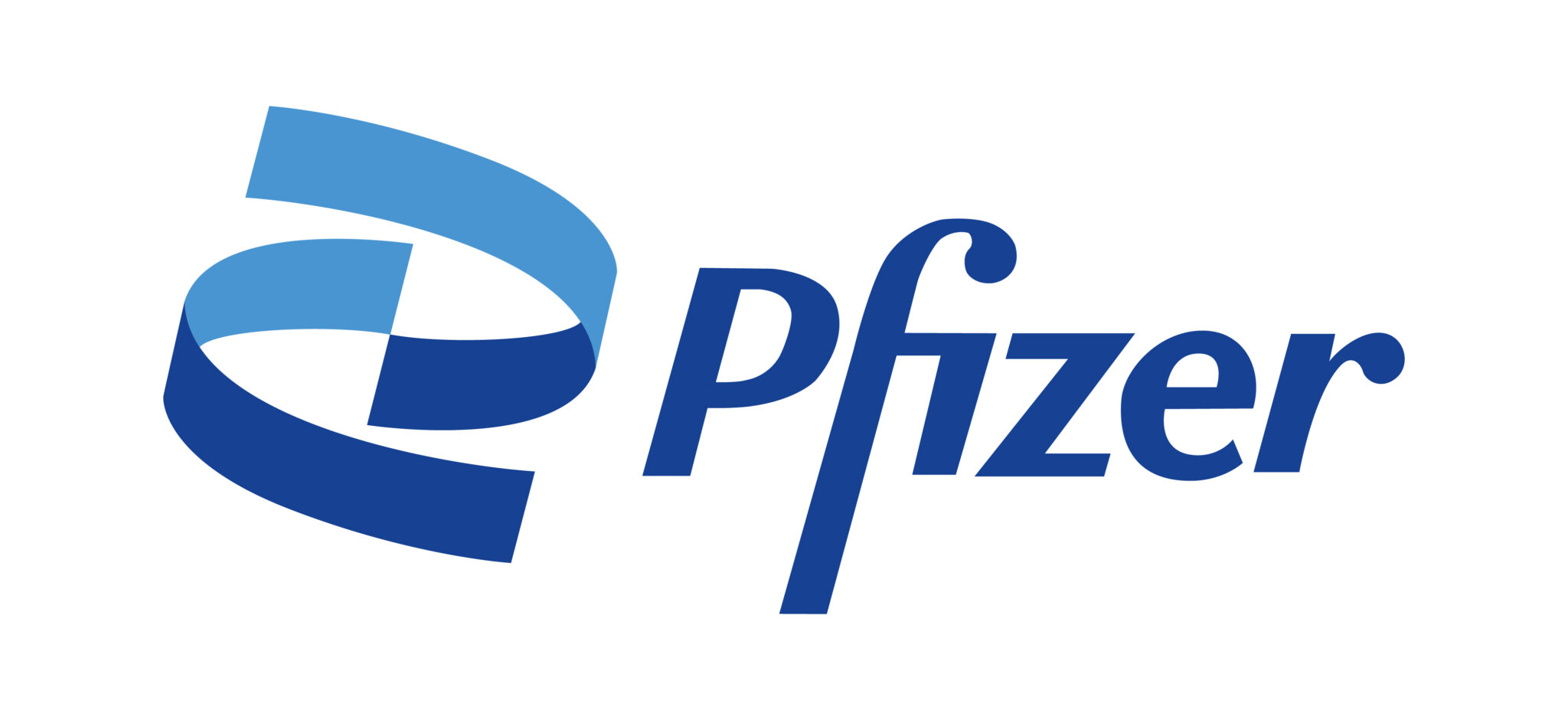
98.2%
Completion Rate
91.2%
Course Pass Rate
95%
Submission Rate
88%
Student Satisfaction
Speak to our Admission Team
Program Overview
This is a unique program which will integrate rigorous academic and critical analyses and practical relevance and application. The Doctorate in Education program is suitable for teachers as well as administrators, to develop and enhance their professional expertise and deepen their impact. It builds their expertise and confidence to become a catalyst for positive change in their institution and community at large. The course will enable students to acquire and understand a substantial body of knowledge which is at the forefront of a particular academic field or field of professional educational practices.
Students will begin to develop their abilities in conceptualizing, designing, planning, and implementing projects with the purpose of generating new knowledge and applying the new develop ideas in the field of education. Students will be led to understand how to apply research and advanced academic inquiry techniques and improve the quality of their educational profession.
This is a three-year applied Doctorate degree in education that will provide a firm foundation of the modern education system operations and prepare educators to solve pressing educational problems and improve learning outcomes in their organization and beyond.
Course Structure
Course | Credit |
|---|---|
Year 1 | |
Introduction to Educational Research Method | 10 |
Critical Thinking: Reflective and Reflexive Practice | 10 |
Leading Change and Innovation | 10 |
Educational Technology and Organisational Development | 10 |
Doctoral Research Proposal | 20 |
Year 2 | |
Dissertation Registration | |
Confirmation of Supervision | |
Year 3 | 120 |
Dissertation | |
Defense | |
Total Credits | 180 |
Learning Outcomes
Live & interactive lectures by expert faculties
Recorded session for offline viewing
World-class curriculum by eminent faculty
Regular webinars by industry leaders
Assignments for module assessments
Easy-to-use LMS accessible anywhere
Online library to further enhance your knowledge
Dissertation on your area of research work
Program Details
Introduction to Educational Research Method
The course will enhance participants’ understanding of the research process. Participants will critically explore research approaches, language, and ethics. The course will take a step-by-step approach to develop students’ knowledge, skills and understanding on design and implementation of quantitative and qualitative research designs including Cross-sectional surveys, cohort studies, Randomized Controlled Trials, operational study designs which include quasi experiments and Cluster Randomized Controlled Trials. The course will equip students with the skills necessary to conduct secondary research designs including scoping and systematic reviews. The course will also help students to develop the skills to recognize and reflect on the strengths and limitations of different research methodologies and address ethical and practical issues in research. Furthermore, the student will be equipped with the ability to methodologically review and derive meaning from published research work for application in professional practice and growth.
Learning Outcomes
LO1: To identify and describe different quantitative study designs, describe the key elements and weaknesses and strengths associated with each approach, and application of quantitative research in Educational Professional Practice.
LO2: To understand Qualitative, Quantitative and Mixed Method Research approaches and their application including data collection, analysis, and reporting methods.
LO3: To understand secondary research design and application methods including Scoping and Systematic reviews approaches, and how different research designs can be combined in a mixed method study approach.
LO4: To understand the concept of research quality assurance and its application in research and ethical principles and application of validity and reliability principles in research.
Critical Thinking: Reflective and Reflexive Practice
The course will lead and guide students to the in-depth understanding of the essence and purpose of critical thinking, reflective and reflexive practices, ethical issues and the current theories affecting the educational system. The students will critically analyze the Contemporary Issues in the 21st century, that will help them understand the present situation and condition of Education. This course will also consider the factors that greatly influence the entire educational system; historical, languages, organizational, political, demographic, and contemporary ideologies. They will introduce to the theory and practices of Transformative Learning and critically reflect its connection to their life as educators. The students will critically scrutinize the path of the future of education and understand the theories that greatly influence the different organizations and institutions of education.
Learning Outcomes
- LO1: To illustrate critical thinking as the foundation of reflective and reflexive practices in education.
- LO2: To critically analyze and evaluate the different theories of education relating it to their personal and professional life as educators.
- LO3: To analyze and critically reflect on the implications of Transformative Learning to the Contemporary Issues in the 21st Century and the Future of Education.
Leading Change and Innovation
The course will equip students with essential skills, strategies, and tools they need to unleash their fullest potential in leading instructional change and innovation within the organization effectively. Students will also involved in a comparative analysis of effective instructional approaches and models in implementing innovation and leading organizational development. Students will build their knowledge and skills which will enable them to enhance their capacities in integrative thinking, personal strategies and style of instructional leadership that they will apply to their current and future practices essential in leading organization.
Learning Outcomes
LO1: To critically analyze different characteristics, frameworks, and styles of innovation in classroom instruction.
LO2: To evaluate effective approaches, strategies and techniques for innovation and change in instruction, assessment and evaluation
LO3: To synthesize theories, research and practice associated with innovation in instruction.
LO4: To create a personal instructional framework to inform future practices within educational setting
Educational Technology and Organisational Development
Changes in educational technology are dramatically affecting the way students learn. This module is designed for educational practitioners who want to use theory and research to improve educational environments in order to initiate and implement change by integrating the latest technologies and instructional design principles. Students will also be involved in a comparative analysis of strategic approaches and models of implementing change and leading organizational development. With a focus on e-Learning the module will further enhance students’ understanding in the K-12/higher education, by enabling them to design and develop instruction (e-learning). This module allows students to acquire knowledge and skills in the areas of instructional systems design, learning and instructional theories, and development of e-learning and interactive multimedia learning environments using various state-of-art technology-based systems/platforms. The students will develop and lead technology-supported solutions to learning challenges in the K–12/higher education.
Learning Outcomes
LO1 To critically analyze the pedagogical implications of current and emerging technology tools for enhancing learning communities.
LO2 To evaluate existing issues, trends and policies in educational technology using principles of digital and information literacy.
LO3 To evaluate various models of system change management and create innovative technological solutions to learning challenges.
LO4 To critically analyze the educational technology needs and design an intervention plan informed by ethical practices.
Doctoral Research Proposal
The students on this course will develop a 3000-word research proposal in Leadership and Education management. The students will be guided to identify a researchable knowledge gap of their interest and analyze and synthesize the knowledge gap into a problem statement. Students will receive guidance on specific aspects of doing research including literature searching and conducting critical appraisal; referencing and application of relevant computer soft wares in reference to education; framing research questions and research objectives; and application of ethical issues in Research.
Students will be capacity built to develop competence in assessing and appraising evidence in published literature, determining the gaps in the evidence and developing a feasible and valid study design that they can apply in their research. Participants will further be guided to develop a full research proposal.
Learning Outcomes
LO1. Identifying a relevant and suitable knowledge gap in Leadership and Education Management and develop structured research questions to address the knowledge gap.
LO2. Write a literature review to identify existing evidence and knowledge gaps associated with the research problem of interest.
LO3. Critically explore the relevance of existing theory and evidence base to research design.
LO4. Develop a well-structured research protocol/proposal with clear timelines and relevant study methods that comply with the universal principles research ethics.
Year 2 Modules
- Dissertation Registration
- Confirmation of Supervision
Year 3 Modules
- Dissertation
- Defense
Our Testimonial
AfriCred made my dreams come true! As a Nigerian student, securing an education loan for overseas studies seemed like an impossible task. But AfriCred stepped in and not only secured the loan but also efficiently processed my tuition fees. Their expertise and dedication turned my dream of studying abroad into a reality. I am forever grateful for their support!

Oluwaseun A
AfriCred is a game-changer for Nigerian students aspiring to study overseas. They understood the financial challenges we face and helped me secure an education loan with ease. Their guidance and assistance in processing tuition fees streamlined the entire process. Thanks to AfriCred, I am now pursuing my dream education abroad!

Temi O
I can't express how thankful I am to AfriCred. As a Nigerian student, I faced many obstacles when it came to funding my overseas education. AfriCred not only secured a tailored education loan for me but also made the tuition fee process incredibly smooth. They are true education financiers and have changed my life for the better!

Chinedu N
AfriCred is a lifeline for Nigerian students seeking higher education abroad. Their dedication and expertise in securing education loans and handling tuition fees are commendable. Thanks to AfriCred, I am now living my dream of studying overseas. I highly recommend their services to every aspiring international student!

Adesua E
AfriCred turned my overseas education dreams into a reality! Their commitment to helping Nigerian students like me secure education loans and simplifying the tuition fee process is unparalleled. I can't thank them enough for their unwavering support and guidance. AfriCred is a blessing for all of us!

